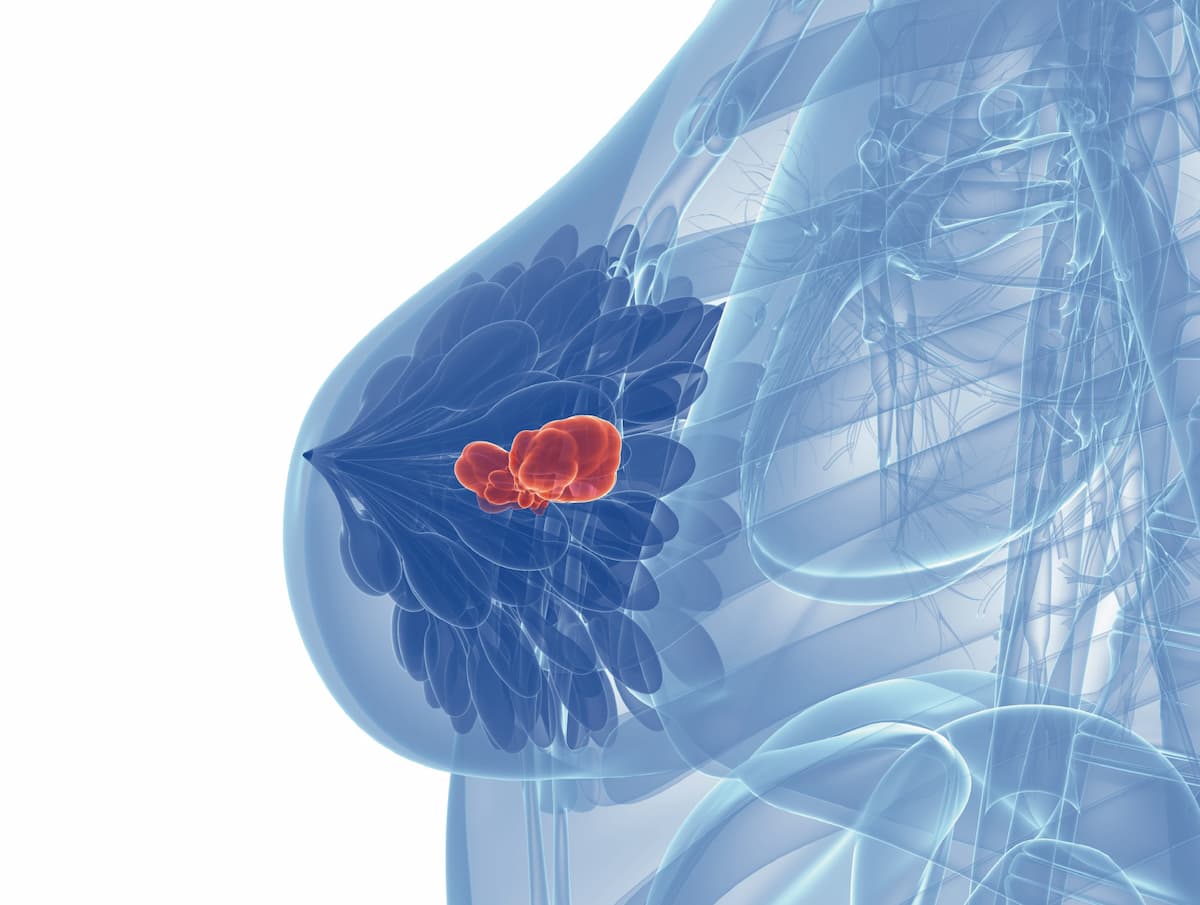
Breast Cancer
Latest News
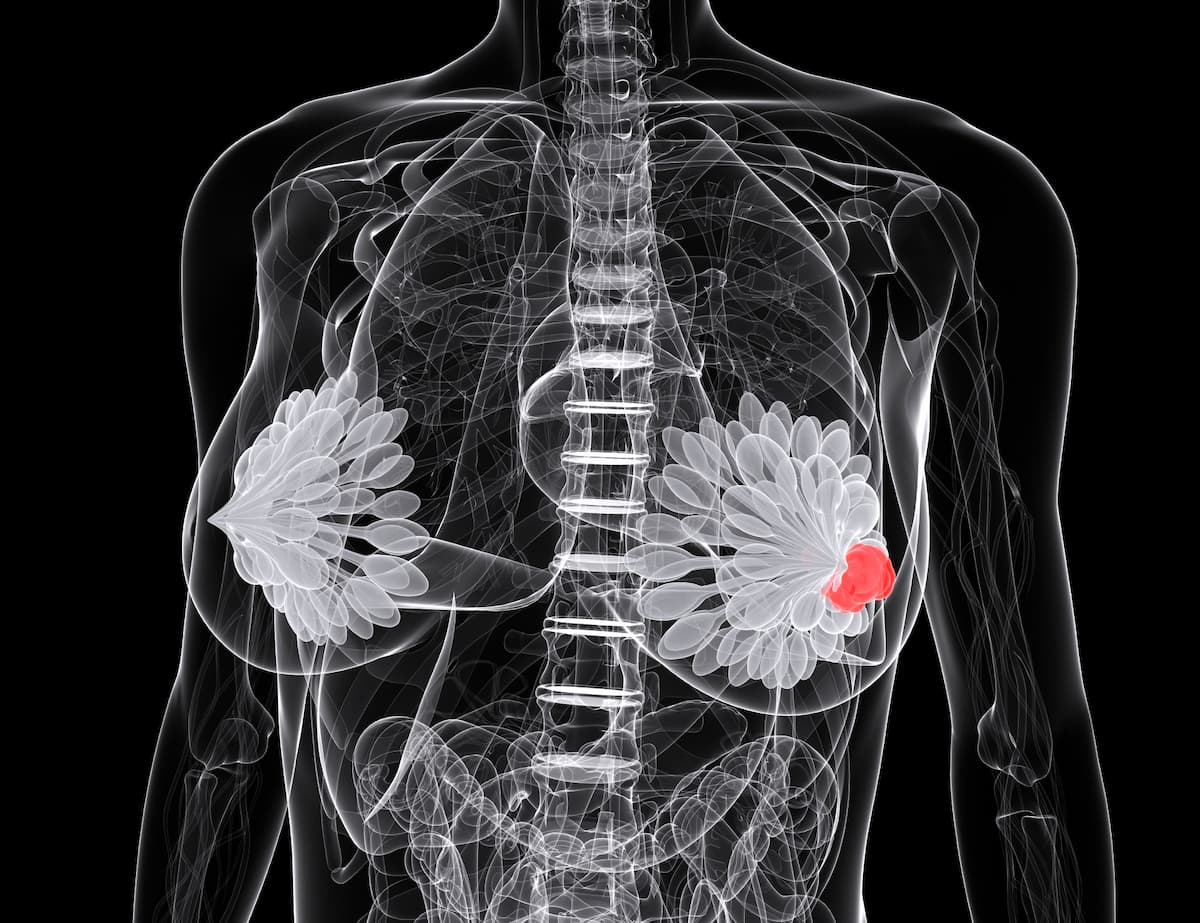
Progression-free survival and response results presented from the phase 3 TROPiCS-02 trial at 2022 ESMO indicated sacituzumab govitecan-hziy may be favorable vs physician’s choice of treatment for HER2-low or HER2 IHC0, hormone receptor¬–positive metastatic breast cancer.

Better Responses Derived With Lasofoxifene Vs Fulvestrant in ESR1+/ER+/HER2– Metastatic Breast Cancer
Latest Videos

CME Content
More News

Updated results from the phase 3 TROPiCS-02 study demonstrated that the novel therapy improved overall survival, objective response rate, duration of response and overall quality of life compared with treatment of physician’s choice.
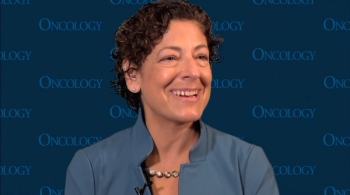
Angela DeMichele, MD, MSCE, discussed the results of the phase 2 I-SPY2 trial in patients with early breast cancer

Angela DeMichele, MD, MSCE, discussed how the phase 2 I-SPY2 trial in patients with early breast cancer is informing patient therapy decisions in difficult-to-treat situations.

A promising 5-year locoregional recurrence rate highlighted that it is likely safety to de-escalate treatment with locoregional radiotherapy in a population of patients with cT1 to cT2, node-positive breast cancer that has been treated using primary chemotherapy and surgery.

Clinically Meaningful Breast MRI Testing Burden Linked With Cancer Worry in Ductal Carcinoma in Situ
Investigators stated that comprehending the quality of life reduction associated with MRI with or without mammography for patients with ductal carcinoma in situ may help to improve patient experience and help in the development of targeted strategies.

Expert oncologists look toward future utilization of circulating tumor DNA testing and consider how the field of oncology may evolve.

Shared insight on how circulating tumor DNA may be used in real-world clinical practice to improve the value of cancer care.

Angela DeMichele, MD, MSCE, spoke about the I-SPY2 trial, which evaluates patients with early breast cancer who are treated with experimental neoadjuvant systemic therapy regimens.

Focusing broadly on breast cancer, expert oncologists detail how ctDNA may impact patient monitoring and treatment decisions moving forward.

Moving on to the second patient scenario, panelists elucidate the value of ctDNA in patients with triple-negative breast cancer.
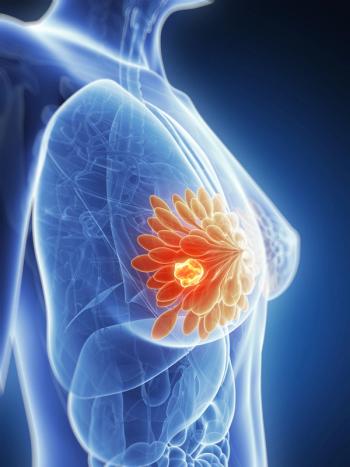
Results from the second interim analysis of the phase 3 TROPiCS-02 trial showed significantly improved overall survival among patients with hormone receptor–positive, HER2-negative metastatic breast cancer who were given sacituzumab govitecan vs physician’s choice of treatment.

Valentina Boni, MD, PhD, spoke about numerous trials in the breast cancer space presented at 2022 ASCO.

In the context of clinical trial data and personal experience, experts weigh the value of circulating tumor DNA as a tool in cancer care.

Experts share their perspective on clinical trial data driving the use of circulating tumor DNA in various settings of cancer care.

The European Commission approved olaparib as monotherapy or in combination with endocrine therapy for patients with germline BRCA1/2-mutant, HER2-negative high-risk early breast cancer.

Focusing on breast cancer, lung cancer, and GI cancers respectively, expert oncologists review the utility of circulating tumor DNA assays.

Expert panelists elucidate the mechanisms of ctDNA and MRD testing, providing a broad perspective on how they are used in cancer care.
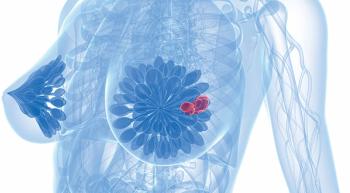
Treatment with adjuvant radiotherapy in the prone position lowered the odds of desquamation in patients with breast cancer and large breast size.

Mark Pegram, MD, spoke the most important data from the IDEAL trial he believes his colleagues should take away.

Valentina Boni, MD, PhD, spoke about the safety profile observed of lurbinectedin monotherapy and future analyses for patients with BRCA1/2-associated metastatic breast cancer.
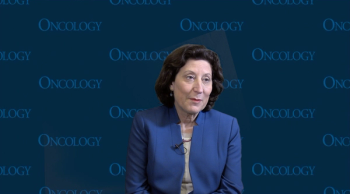
Hope S. Rugo, MD, FASCO, gave an overview of ribociclib plus aromatase inhibitor use vs abemaciclib plus aromatase inhibitors for patients with hormone receptor-positive, HER2-negative advanced breast cancer.

Findings from the phase 1/2 FAKTION trial indicated that survival had increased following the addition of capivasertib to fulvestrant for patients with aromatase inhibitor–resistant, estrogen receptor–positive, HER2-negative advanced breast cancer.

Hope S. Rugo, MD, FASCO, reviewed data from a matching-adjusted indirect comparison study which analyzed quality of life in patients with hormone receptor–positive, HER2-negative advanced breast cancer treated with ribociclib- or abemaciclib-based regimens.

Investigators reported a reduction in racial and ethnic disparities among patients with de novo stage IV breast cancer following implementation of Medicaid expansion, and included a decreased risk of death for patients in a racial/ethnic minority compared with White patients.

Valentina Boni, MD, PhD, spoke about the rationale behind using lurbinectedin monotherapy for pretreated BRCA1/2-associated metastatic breast cancer.


